Horse trailering weights explained: Towing a horse trailer safely and legally
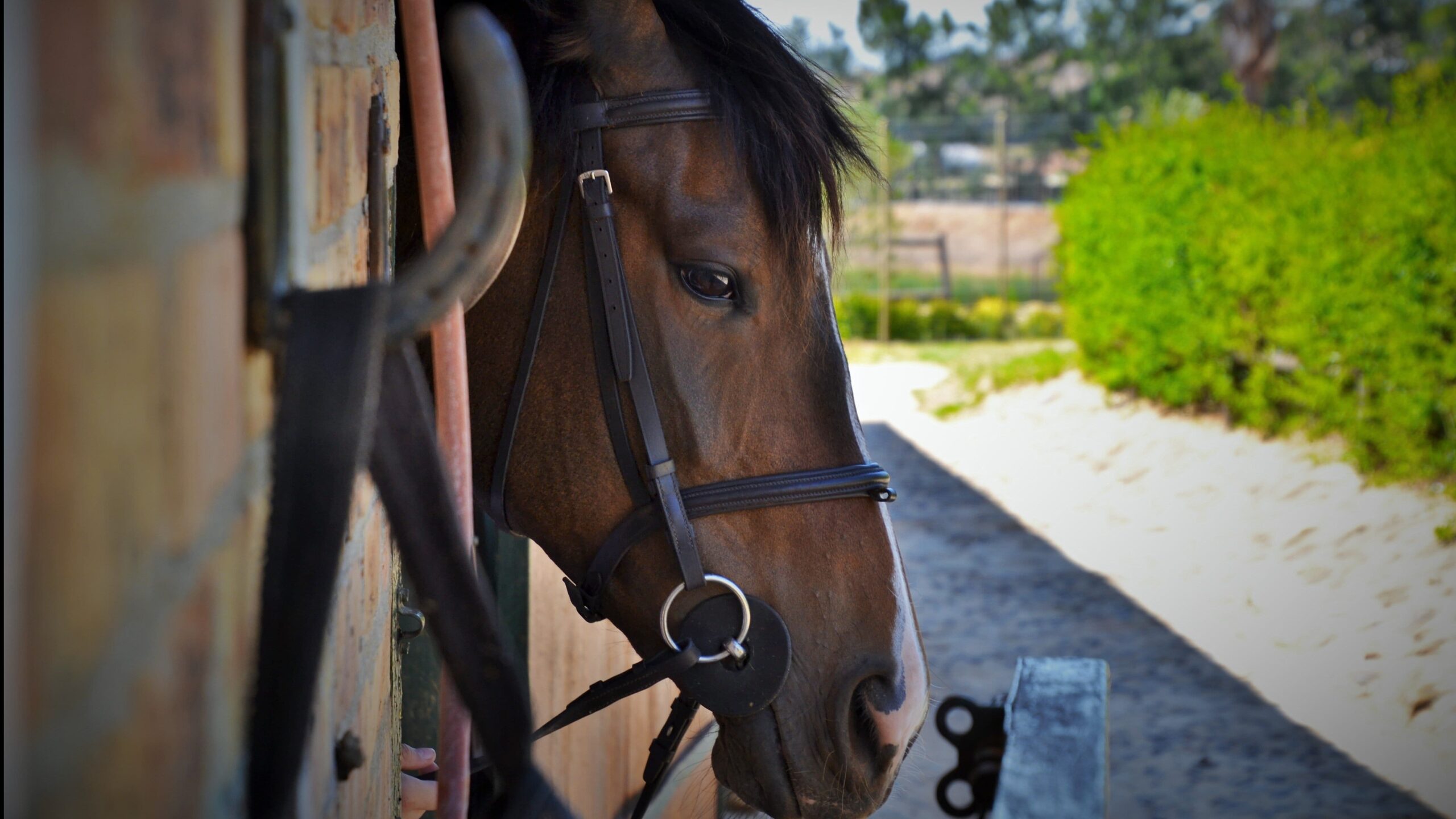
When it comes to towing a horse, understanding horse trailering weight is vital. However, there are many misconceptions when it comes to safe trailering weights and laws, which can make it tricky to work out exactly what to look for in a vehicle.
If you’re thinking of buying a vehicle specifically for transporting your horse trailer, it’s important you get one that is capable of towing your trailer and its load. If you don’t, you are not only putting yourself and your horse at risk — as well as other road users — you are breaking the law. This means if you do have an accident, your insurance won’t be valid.
We’ve put tother this comprehensive guide to horse trailering weights, so you can separate fact from fiction and find the right vehicle for your needs. We’ll cover:
- Vehicle weights explained
- Knowing your maximum trailer weight: Fact or fiction?
- What weight can my car tow?
- Do you need a horse box licence?
- Licences issued from 1 January 1997
- Licences issued before 1 January 1997
- What’s the best car for towing a horse trailer?
- Four-wheel or two-wheel?
- Petrol or diesel?
- Manual or automatic?
- Technological assistance
- Best cars for towing a horse trailer
Vehicle weights explained
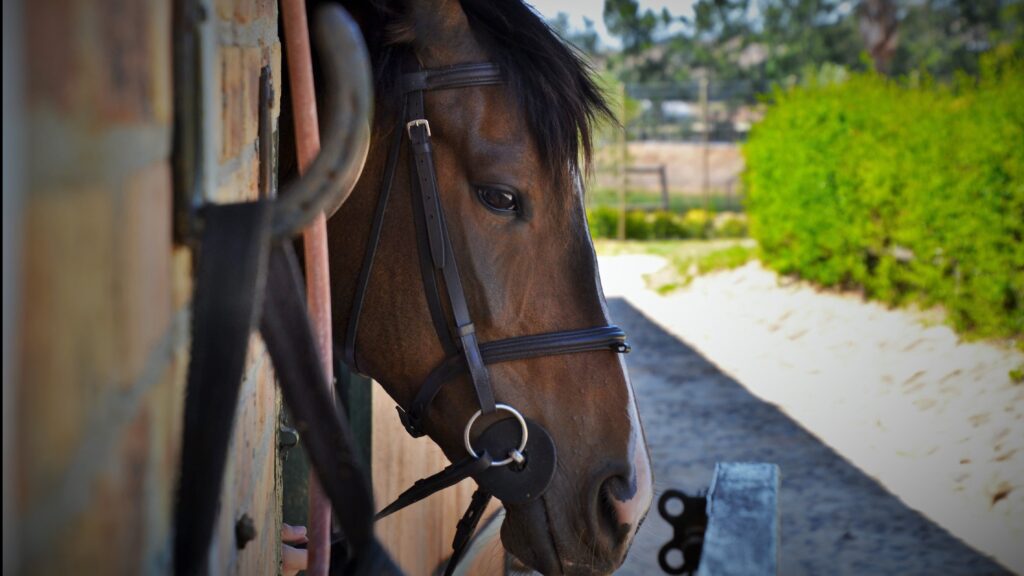
Before we get into it, you’ll need to know what the different types of vehicle and horse trailer weights refer to.
Maximum towing capacity (MTC): The maximum weight a vehicle can tow safely and legally.
Unladen weight: The weight of the vehicle when it’s not carrying any passengers, goods, or other items. It doesn’t include the weight of the fuel or, if it’s an electric vehicle, the batteries.
Maximum authorised mass (MAM): The weight of a vehicle or trailer including the maximum load that can be carried safely when it’s being used on the road. This is also known as gross vehicle weight (GVW) or permissible maximum weight (PMW).
Gross train weight (GTW): The total weight of the vehicle, plus trailer, plus load. Also called gross combination weight (GCW).
Knowing your maximum trailer weight: Fact or fiction?
Working out what your car can tow can be very confusing. There is so much information on the web — much of which is conflicting. So, H&C spoke to the DVSA (Driver and Vehicle Standards Agency) to separate fact from fiction. Here is what they said:
The total weight of your trailer (i.e., its unladen weight, plus the weight of the horses on board) must not weigh more than the car’s maximum towing capacity (MTC).
Contrary to popular belief, you do not need to take the trailer’s maximum authorised mass (MAM) into consideration — unless you passed your test after 1 January 1997 (more on this later). It is the actual weight of your trailer that needs to be taken into account.
So, if your trailer weighs 700kg and you only ever tow one 500kg horse, the actual weight is 1200kg. This is the weight your car needs to be capable of towing. Even if your trailer’s MAM is 2000kg, it is irrelevant, unless you plan on towing that weight.
“You can’t be penalised for towing something that could potentially go over your car’s maximum towing weight,” said a DVLA spokesperson. “It would be like fining someone for doing 30mph in a 50mph zone because they could potentially go over the speed limit. If you are within the limits, you are legal.”
What weight can my car tow?
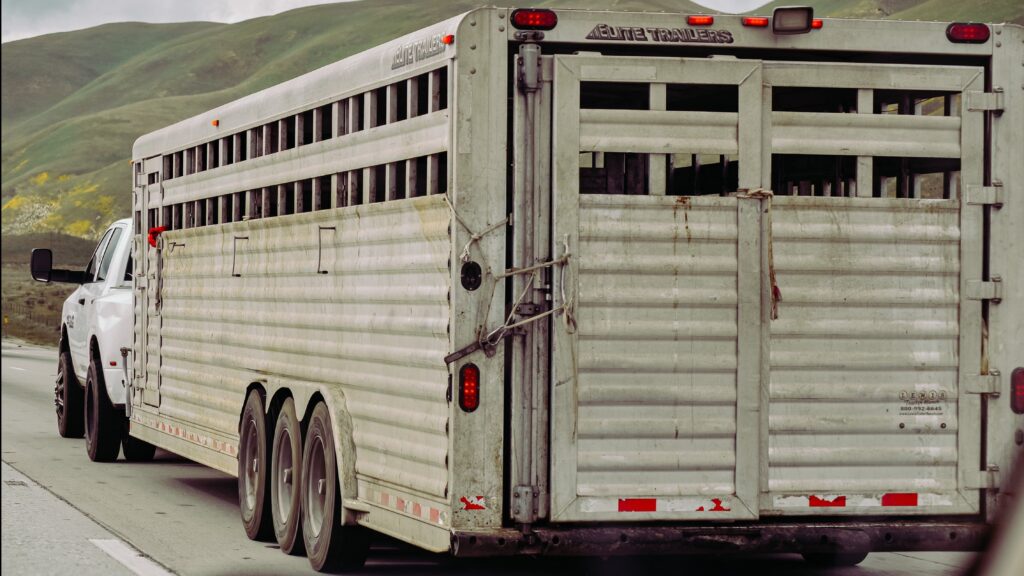
When working out if your car can tow your trailer need to know:
- The weight of the largest horse(s) you intend to tow (our tips for weighing a horse can help you find this out)
- The unladen weight of your trailer
- The towing vehicle’s MTC
The combined weight of 1 and 2 must not exceed number 3.
To find the MTC of your vehicle look in its handbook — there are usually two maximum towing weights: a braked trailer weight and an unbraked one. You’ll need to look at the braked weight for a horse trailer.
Alternatively, you can look at the Vehicle Identification Number (VIN) plate, which is usually under the bonnet or on a door pillar. It will have the following set of weights:
- The gross vehicle weight (GVW) or MAM of the vehicle including driver and passengers, goods, and fuel.
- The gross train weight (GTW), which is the combined MAM of both vehicle and trailer.
- Maximum axle loads on the front and rear.
To work out the manufacturer’s recommended maximum towing capacity, subtract the GVW from its GTW. So, if your car’s GVW is 2,590kg and its GTW is 4,590kg, it has a maximum towing capacity of 2,000kg.
However, just because your estate car is legally allowed to tow 1,500kg, it doesn’t mean you should — as Jake Tarrant, BHSAI and riding and road safety instructor explains:
“If the weight of your laden trailer is close to the maximum towing weight of your car, it may struggle,” Jake told H&C. “If your horse moves around a lot when travelling or you have to brake suddenly, it can cause the trailer to ‘snake’, which could cause an accident. You’ll also have problems driving off-road on muddy show grounds, or on hills, which is where a 4×4 comes into its own.”
“It’s not always the vehicle that is at fault, however. So many people drive a trailer with no training whatsoever. You’ve got half a tonne of moving cargo, which can be very dangerous. If you don’t know how to tow, make sure you seek help from someone that does.”
Do you need a horse box licence?
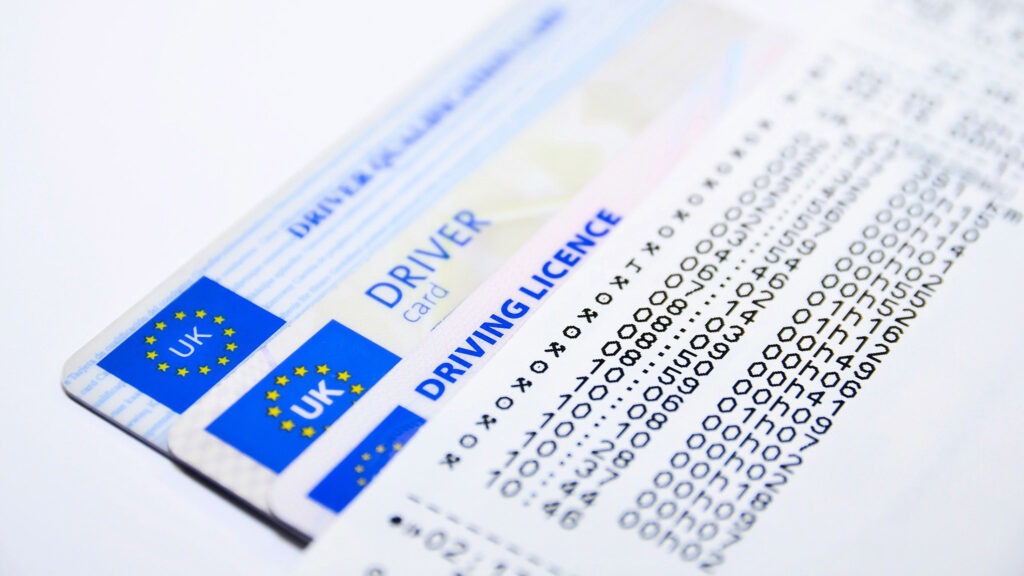
You can legally tow a horsebox if you have a standard UK licence, however the rules on what you can tow depend on when you passed your driving test.
As of December 2021, the rules have changed to expand the allowances for those who passed their test after 01/01/1997. This means more riders are able to tow their horses without taking an additional qualification.
You may also need to prepare other paperwork and licences, such as an operator licence. You can find out more about this in our guide to transporting horses.
Licences issued from 1 January 1997
If you passed your driving test on or after 1 January 1997 this is when the MAM of your trailer is critical. You are legally allowed to:
- Drive a car or van up to 3,500kg MAM with a trailer of up to 750kg MAM.
- Tow a trailer over 750kg MAM as long as the combined MAM of the trailer and towing vehicle is no more than 3,500kg. However, please note that a horse trailer’s MAM is unlikely to be below 750kg, which means you need to be careful about the MAM or GVW of the car you drive. A Kia Sorento, for example, has a GVW of 2,510kg, which means your trailer must have a MAM of 990kg or less. This equates to a lightweight trailer, like a Sinclair.
Previously, anyone with a licence issued on or after 01/01/1997 had to pass the B+E car and trailer driving test to tow this kind of weight. However, with the introduction of the new law, the DVLA (Driver and Vehicle Licensing Agency) has confirmed that category B+E will be automatically added to driving licences when a new photocard is ordered — although it is advised that inexperienced drivers seek training from a qualified driving instructor.
If you intend to drive a car and trailer with a combined MAM of over 3,500kg but less than 7,500kg, then you’ll need to obtain a category C1 licence. You can find out more about driving licence categories and their meanings on the GOV.UK website.
Licences issued before 1 January 1997
If you passed your test before 1997, you are allowed to drive:
- A vehicle and trailer combination up to 8,250kg gross train weight (GTW).
- A minibus with a trailer over 750kg MAM.
What’s the best car for towing a horse trailer?
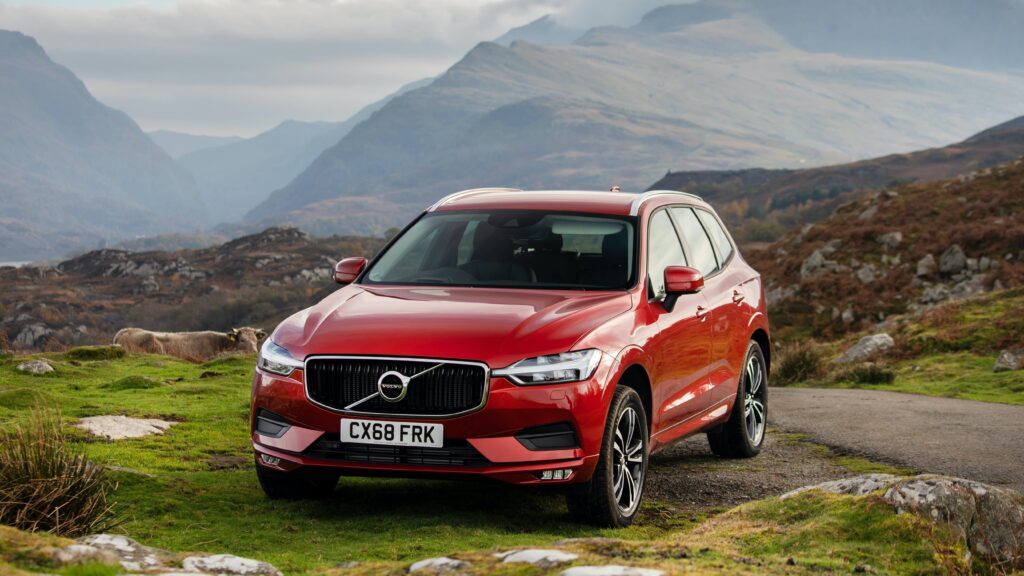
When looking for a car to tow your horse trailer, it’s important to not only look at the maximum towing capacity of the trailer but any extra features that may make towing easier too.
Four-wheel or two-wheel?
4x4s and four-wheel-drive SUVs are usually considered the best cars for towing a horse trailer. This is because they can generally tow larger weights than estate cars and are better suited to the off-road terrain that you’ll find at competition grounds.
Petrol or diesel?
Fuel type can also play a part. You’ll need a vehicle that is capable of producing enough torque to be able to pull your trailer effortlessly. Generally speaking, diesel engines produce more torque than petrol engines, which means they’re more effective at pulling away quickly, especially with a trailer attached.
Manual or automatic?
The question of whether a manual or automatic car is best for towing horses is really down to preference. Manuals may offer a little more control which could be handy when towing, particularly if you’ll be navigating steep hills. However, automatics are still capable of towing safely and effectively, and many riders prefer an automatic for the sake of ease. It’s also likely that an automatic will suffer less wear to the clutch.
Technological assistance
Remember the ‘snaking’ issue Jake mentioned earlier? This could become a problem when towing horses, but some modern cars come with electronic stability control (ESC) which can help here. With ESC, the car uses small sensors to detect snaking and responds by automatically applying the brakes ever so slightly to help you regain control. While not a requirement, you may find it helpful to choose a vehicle with ESC installed. You’ll be able to find this information in the safety specification of the car you’re intending to buy. You may also see this written as:
- Active Stability Control (ASC)
- Dynamic Stability Control (DSC)
- Dynamic Stability and Traction Control (DSTC)
- Electronic Stability Program (ESP)
- Vehicle Dynamic Control (VDC)
- Vehicle Stability Assist (VSA)
- Vehicle Stability Control (VSC)
The UK has made it mandatory for all cars built after 2014 to have ESC, so it should be easy enough to find one.
Best cars for towing a horse trailer
So, with all this information in mind, what are the best cars for towing a horse trailer? There are a few different models that many riders tend to choose thanks to their reliability and stability. These include:
- Audi Q7 (towing capacity up to 3,500kg)
- Kia Sorento (towing capacity up to 3,500kg)
- Land Rover Discovery (towing capacity up to 4,000kg)
- Mercedes-Benz G-Class (towing capacity up to 3,500kg)
- Mercedes-Benz GLS (towing capacity up to 3,500kg)
- Mitsubishi Shogun (towing capacity up to 3,500kg)
- SsangYong Rexton 2.2 ELX (towing capacity up to 3,500kg)
- Toyota Land Cruiser (towing capacity up to 3,500kg)
- Volvo XC60 (towing capacity up to 2,400kg)
This is by no means an exhaustive list, so it’s worth shopping around to find a car with the right towing capacity and features that you need.
Knowing your horse trailer weight and the weights you can legally tow is vital in order to be able to tow your horse safely. If you’d like to learn more about travel law or if you’re having trouble loading your horse into their trailer, then be sure to take a look at our horse travel tips. And for even more great towing advice watch Top Marks: On the Road with Kelly Marks, who offers interesting insights into how to deal with problem loaders.
We’re here to help you be the best rider you can be, so make sure you subscribe to our service to get access to our many training videos and documentaries, as well as our live events coverage and entertainment.






